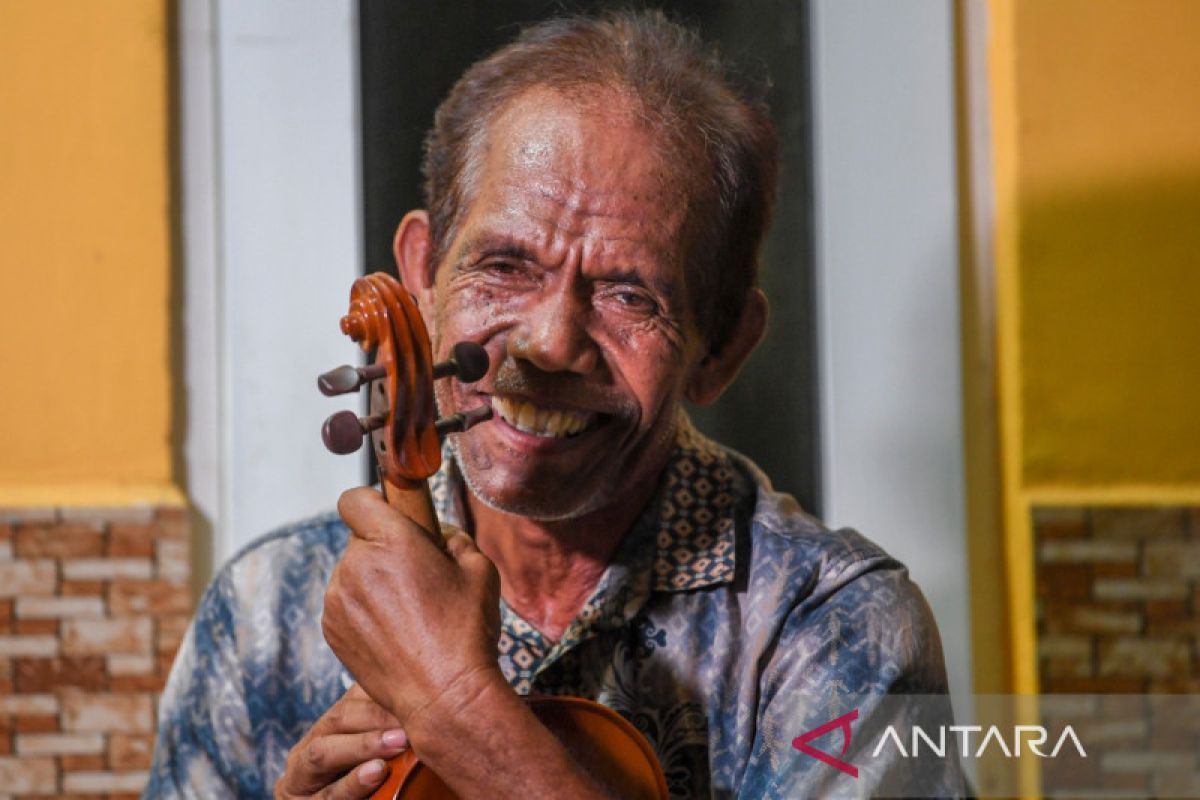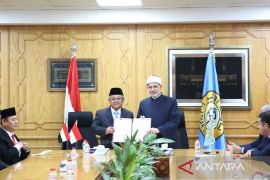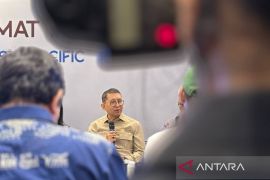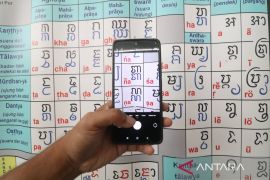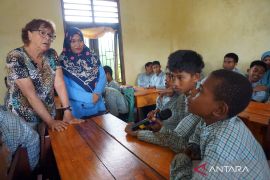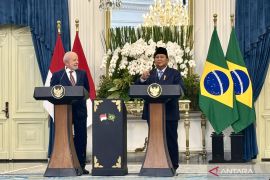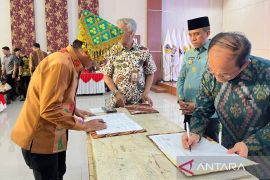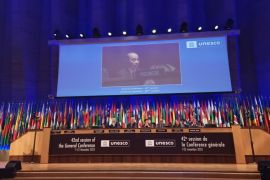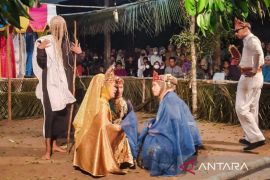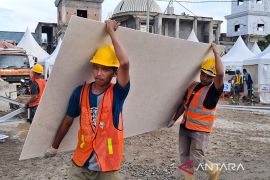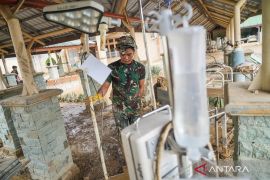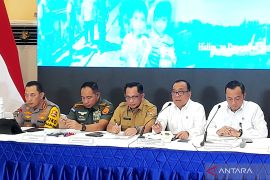As there are several examples of a newly-independent country, with turbulent relations with its former mother country, that is not the case between Indonesia and Timor Leste, which achieved independence 20 years ago.
Manik noted that after its independence, the Timorese leadership has actively supported Indonesia in various international forums, thereby easing Indonesia to achieve its foreign policy goal.
Timor Leste has endorsed Indonesia’s bid for a non-permanent seat in the United Nations Security Council and earlier, for membership in the United Nations Human Rights Council, he pointed out.
At the personal level, current leaders of Timor Leste were once enrolled in Indonesian schools, a point which the ambassador suggests is the main capital to develop friendly relations with Indonesia, as they have a greater level of bond with the country.
Manik also said that at the grassroots level, Timorese residents are eager to know more about the Indonesian culture, particularly the Indonesian language.
He recalled having once thought that the Timorese, who speak Indonesian, were only the older generations that were taught in Indonesian schools during the integration period in their youth. It turns out that the Timorese youth also understands and, sometimes, speaks Indonesian.
The ambassador also highlighted that the Indonesian language, despite being labelled as Malay in schools, is one of the most sought-after classes in Timorese schools.
Related news: WB supports Indonesia in recovery, addressing climate change issues
Indonesian language in Timorese schools
An Indonesia Cultural Centre has been opened in Dili since 2019 following initiatives made during Susilo Bambang Yudhoyono’s presidency.
Indonesian language classes are offered for Timorese keen to study the language in the cultural centre, according to Timor Leste’s Indonesia Cultural Centre programme manager, Trio Hermawan.
As the classes introduce no age or employment restriction as preconditions of enrollment, students in the Indonesian language classes have diverse backgrounds, the manager stated, adding that while some students are keen to continue their education in Indonesia, some others are seeking employment opportunities in Indonesia.
Apart from the high interest among the Timorese to learn Indonesian, competent Indonesian language teachers are also causal to the high popularity of the class in the Cultural Centre.
Teaching positions are available for both Indonesians and Timorese, yet applicants must have the appropriate language proficiency and teaching qualifications to teach at the centre, he explained.
Hermawan noted that apart from teaching at the Cultural Centre, Indonesian language teachers are also employed to teach in Timorese schools. Information Engineering High School in Dili is one of the schools that has taught Indonesian to the pupils.
Maria Magdalena, an Indonesian language teacher at the school, noted that Indonesian language is an elective course, and most pupils are only offered the Indonesian language class for the first time in their 10th grade.
In some Timorese schools, Indonesian language class is labelled as Malay language. Despite both languages originating from the same root, the language taught in Timorese schools is clearly Indonesian, as indicated by the class curriculum, she pointed out.
Due to the class mostly utilizing Indonesian sources, the language course at the high school has been renamed from Malay to Indonesian to rectify the error, she added.
Magdalena noted that the error was caused by past teachers, who conceived the language class curriculum, being accustomed more to the Malay language label rather than Indonesian.
Despite the naming error, she affirmed that it has no significant impact on the class, as the pupils continue to attend their Indonesian language class at school and have several opportunities to refine their language skills by watching Indonesian television after the class.
Related news: Guarding the border markers between Indonesia and Timor Leste
Indonesian entertainment in Timor Leste
Timorese residents fluent in Indonesian are inclined to have a preference for Indonesian entertainment, particularly Indonesian soap operas, known as sinetron, and music. Apart from taking courses in schools, entertainment could be a convenient medium to learn Indonesian.
Ikun Moniz, a local resident, said he enjoys watching sinetrons broadcast on Indonesian television. He often watches sinetrons, sometimes with family, while unwinding in the evening after work and even almost for an entire day on the weekend.
Moniz said that apart from honing his Indonesian language skills, he also likes to watch Indonesian sinetrons, whose quality he lauded as being high and the emotional rollercoaster that he enjoyed while the narrative continues.
Not far from Moniz’s home, another resident, Carlos Moreira da Silva, said that he loves Indonesian songs, which held a special place in his heart.
Da Silva, who once held an Indonesian nationality and served the country as a state employee, then used his violin to perfectly play “Cinta dan Permata” by Indonesian classic rock and roll band Panbers. As he grew up with Indonesian songs, his fondness for Indonesian songs has been entrenched.
Sociologically, the residents of Timor Leste and Indonesians in the western part of Timor Island -- which is shared by both countries -- are united by one culture and mother language, Tetum, that bridges communication among islanders. Some Timorese even have families residing in Indonesia and vice versa.
Indonesian language that is embraced by Timorese people is an example that the reconciliation between Indonesia and Timor Leste is successful despite their turbulent history.
Mutual support for each other’s development demonstrates both countries’ determination to advance to the future as peaceful and brotherly partners.
Related news: Preserving memory of fighters for Indonesia in Timor Leste
Related news: Minister Mahfud MD discusses national challenges with Jos Ramos-Horta
Editor: Fardah Assegaf
Copyright © ANTARA 2022
